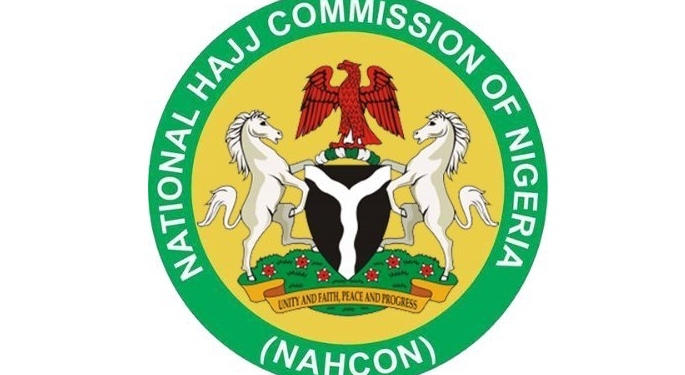- The National Hajj Commission faces calls for reform due to financial mismanagement and negligence, as highlighted by Chief of Staff Gbajabiamila
- Gbajabiamila emphasizes the need for transparency and accountability in NAHCON’s operations to ensure proper treatment of Nigerian pilgrims
The National Hajj Commission (NAHCON) is facing calls for systemic reform due to ongoing financial mismanagement, negligence, and delays in pilgrimage preparation. Femi Gbajabiamila, Chief of Staff to President Bola Tinubu, and his Deputy, Ibrahim Hadeija, raised these concerns during a visit to NAHCON’s headquarters in Abuja.
The visit, part of their ongoing engagement with government agencies, aimed to address NAHCON’s recent controversies. Gbajabiamila emphasized that the Commission, tasked with overseeing religious pilgrimages, should not be entangled in scandals.
“It is surprising to see issues arise around a Commission meant to fulfill religious obligations,” he stated, noting that mismanagement often leads to poor treatment of pilgrims. Gbajabiamila stressed that NAHCON must take responsibility for any problems Nigerian pilgrims face, both domestically and in Saudi Arabia.
Reflecting on a recent crisis that resulted in appointing a new Chairman, Gbajabiamila urged the NAHCON leadership to collaborate closely with the Vice President’s Office. This cooperation is essential to identifying past mistakes, making necessary corrections, and ensuring smoother operations in line with the President’s Renewed Hope Agenda.
Hadeija also highlighted the importance of early preparation for Hajj. He pointed out that Nigeria, with the largest quota of African pilgrims, faces unique challenges. “Hajj is a massive logistics operation,” he said, emphasizing the need for transparency in detailing what pilgrims are paying for.
Prince Malam Abdulrazak, NAHCON’s Executive Commissioner for Policy, Personnel Management, and Finance, called for a revamp of the Commission’s accounting systems. He also suggested improving federal character representation, noting the current imbalance.
The delegation also met with the National Emergency Management Agency (NEMA) during the visit. Gbajabiamila underscored the need for a shift from reactive to proactive disaster management. He suggested innovative funding strategies, like state contributions through insurance schemes, to enhance NEMA’s effectiveness in preventing and mitigating disasters.









Discussion about this post